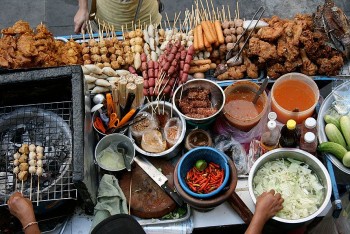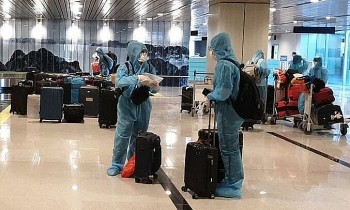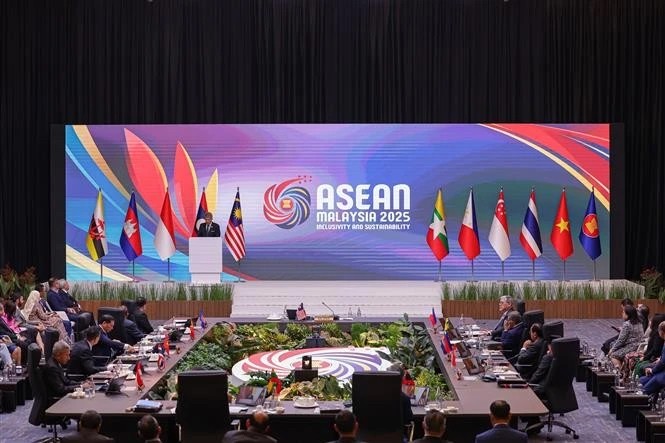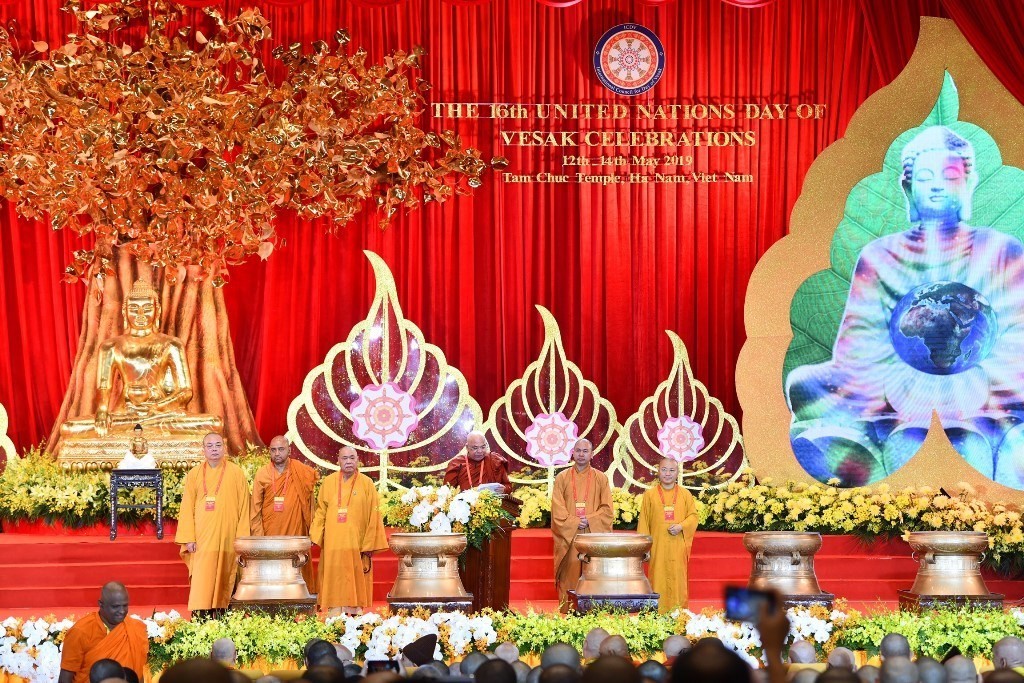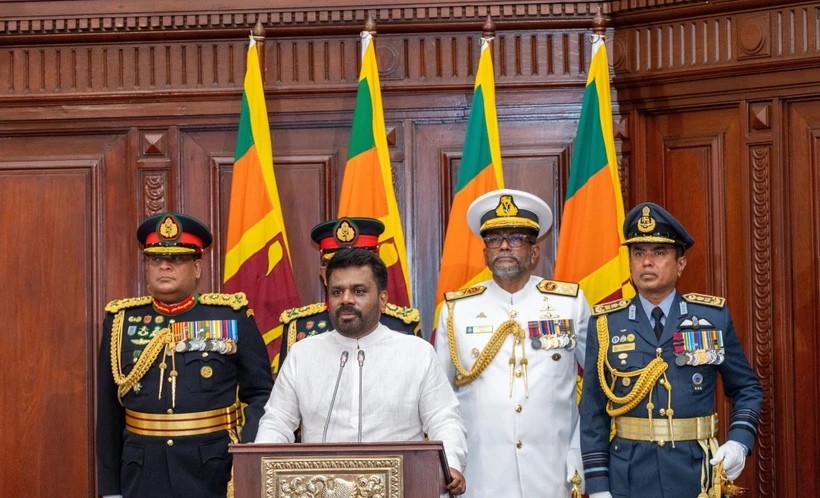Ho Chi Minh City Ranks 45th Safest City, Ahead of Jakarta, Manila and Yangon in 2021
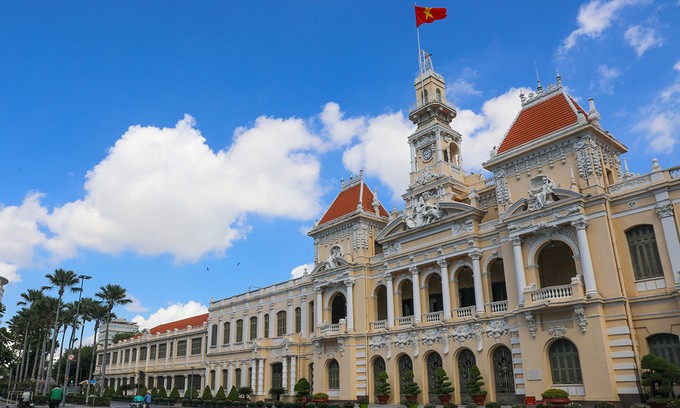 |
| Ho Chi Minh City Hall. Photo: VnExpress |
Ho Chi Minh City has emerged 45th out of 60 major cities in a Global Safe Cities Index 2021 carried out by the Economist Intelligence Unit (EIU), improving slightly from the 47th position it occupied last time.
The Vietnam's biggest city had an overall score of 58.5 this time round, or just above average.
Copenhagen came in tops followed by Toronto, Singapore, Sydney, Tokyo, Amsterdam, Wellington, Hong Kong, Melbourne and Stockholm.
According to the report, “every one of the leading cities overall has a more pronounced relative weak spot. Copenhagen, for example, comes 26th for health security”. The Danish capital does however also place first for personal security.
While American cities generally lag behind, they perform well in one key area: digital security. Los Angeles and San Francisco make the top-5 in that category.
Vietnam's southern metropolis was placed above Jakarta (46th), Manila (51st) and Yangon (60th) in Southeast Asia, but behind Singapore (3rd), Kuala Lumpur (32nd) and Bangkok (43rd).
The Safe Cities Index is a global, policy benchmarking tool developed to measure urban safety measured by 76 distinct factors across five broad pillars: personal, infrastructure, health, digital and environmental security.
HCM City scored 40 for environmental security, infrastructure (45), healthcare (39), personal (38) and digital security (51).
The Safe Cities Index was first launched in 2015 with 44 indicators and 50 cities.
The EIU said since then, the index has been updated once every two years, increasing city coverage as well as strengthening the framework to include emerging challenges to urban safety.
It said this year, the framework has been further updated to reflect the dynamic nature of the urban safety landscape with a special focus on the Covid-19 pandemic impact.
"Within each of the five broad pillars, the relevant indicators are grouped into inputs of safety, such as policies or personnel dedicated to some aspect of security and outputs, anything from air pollution levels to crime rates.
"In short, outputs measure how safe a city currently is, while the inputs indicate which cities are doing the right things to enhance security. Both are essential to understanding the security situation," it said.
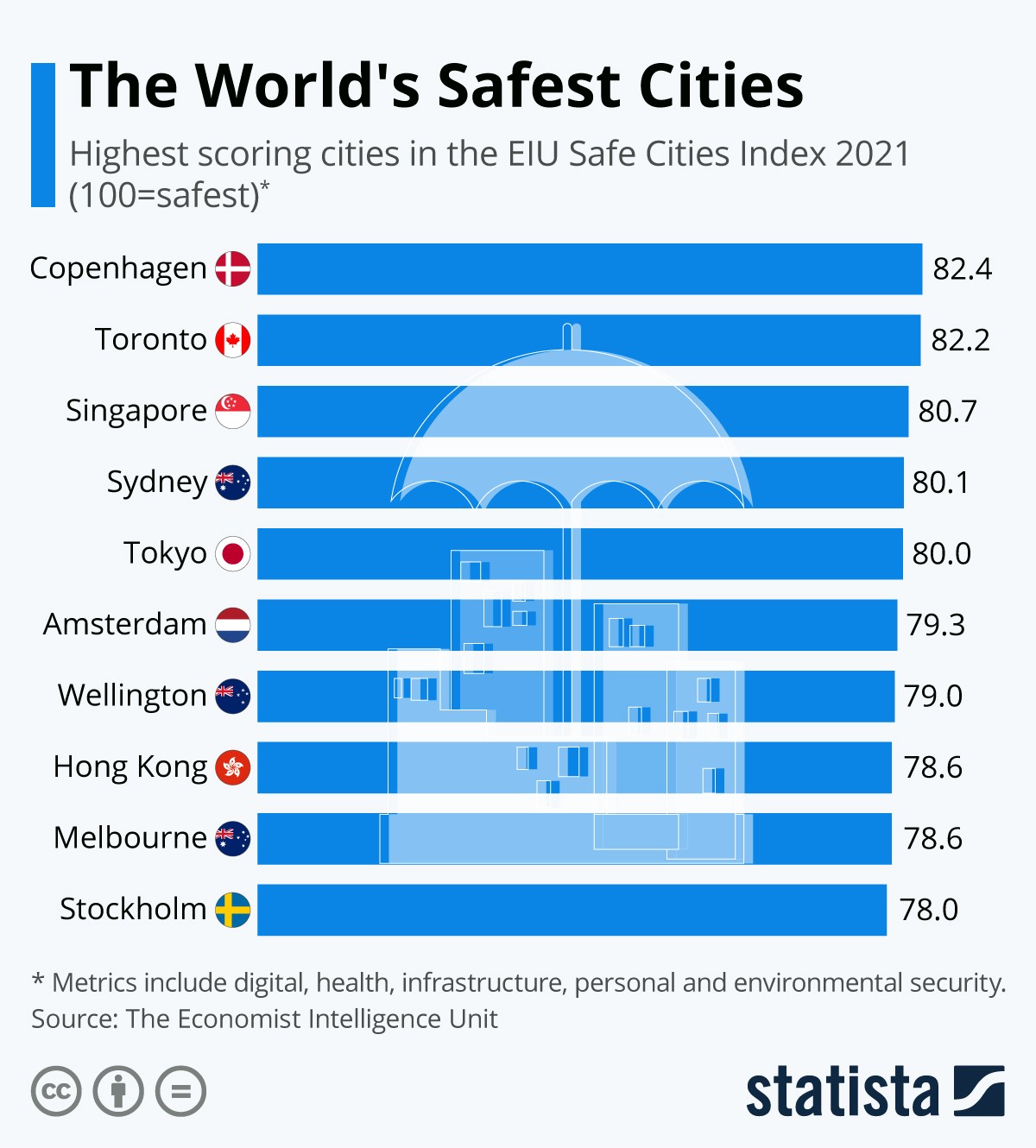 |
The EIU said the experience of Covid-19 shows the need for a more holistic approach to health security and its closer integration into urban resilience planning.
"It is still too early to draw detailed conclusions on the implications of Covid-19 for health security.
"The pandemic continues at the time of writing. Even if it were over, robust, internationally comparable data on what has happened is still rare.
"Nonetheless, the need to rethink health system preparedness is already clear," it said.
Digital security at the city level, it said, is often insufficient for current needs and insecurity will multiply as urban areas increasingly pursue smart city ambitions.
The index data also shows that internet connectivity is becoming ubiquitous, even in lower-middle-income cities.
It said although 59 of the 60 cities have started the process of becoming a smart city or expressed the ambition of becoming one, the current levels of digital security was worrying.
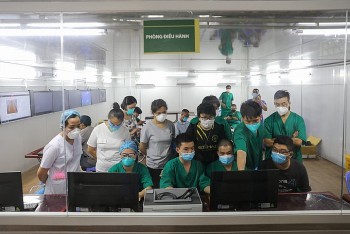 | Ho Chi Minh City Announces First District Under Covid Control District 7, home to a large expat community, has become the first HCMC locality to bring Covid-19 under control |
 | Indian Ship Arrives In Vietnam With 100 Tonne of Liquid Oxygen Indian Navy Ship INS Airavat arrived in Vietnam with Covid-19 relief supplies. |
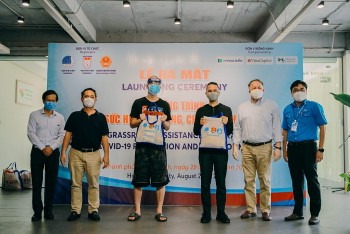 | Covid Relief in Response to Covid-19 in Ho Chi Minh City Ho Chi Minh city continues to receive assistances to combat Covid and support vulnerable groups. |
Recommended
 Focus
Focus
Vietnam Leaves Imprints on the World Peacekeeping Map
 Viet's Home
Viet's Home
“Global Vietnamese Singing 2025” - Connecting Hearts Longing for Homeland
 Viet's Home
Viet's Home
Vietnam’s People's Public Security Force Actively Contributes to UN Peacekeeping Operations
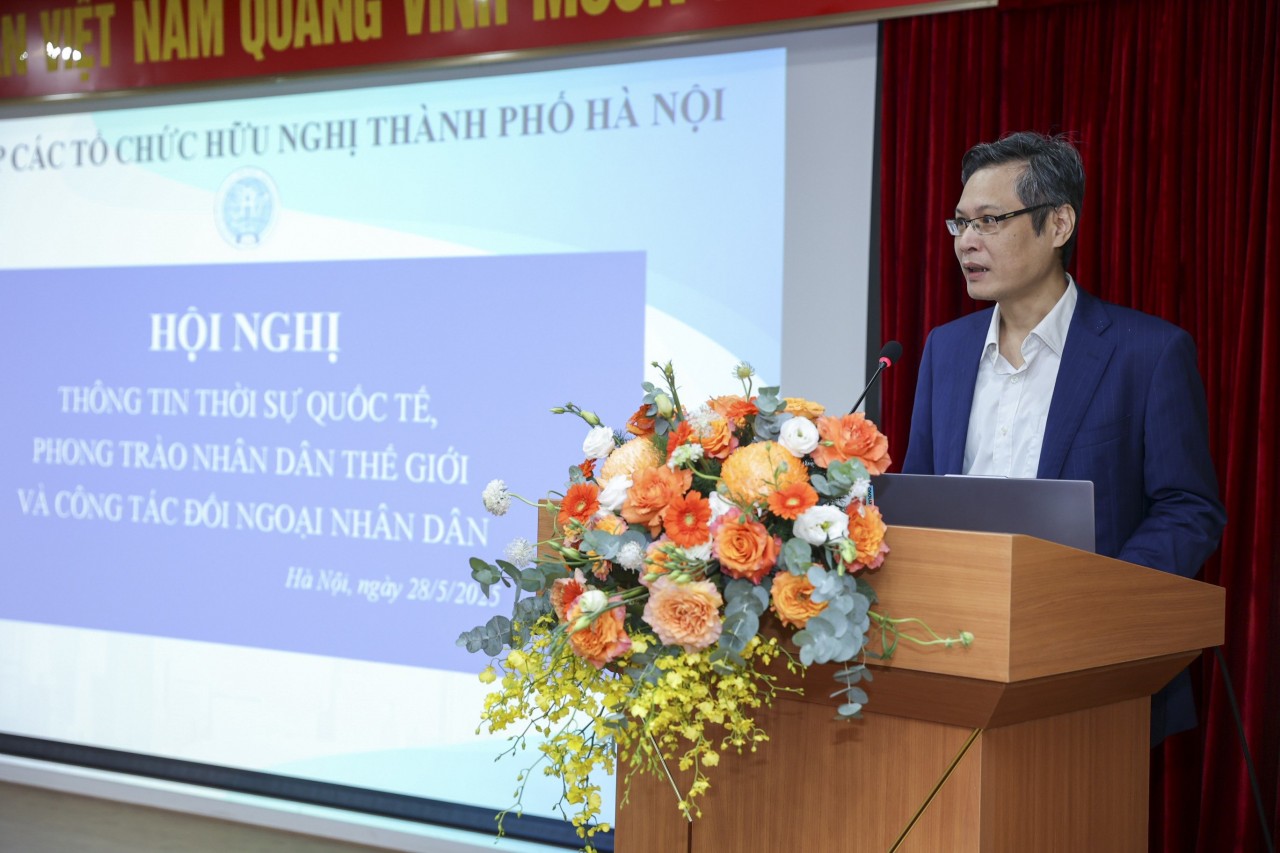 Viet's Home
Viet's Home
HAUFO Enhances Competence of People-to-People Diplomacy Personnel
Popular article
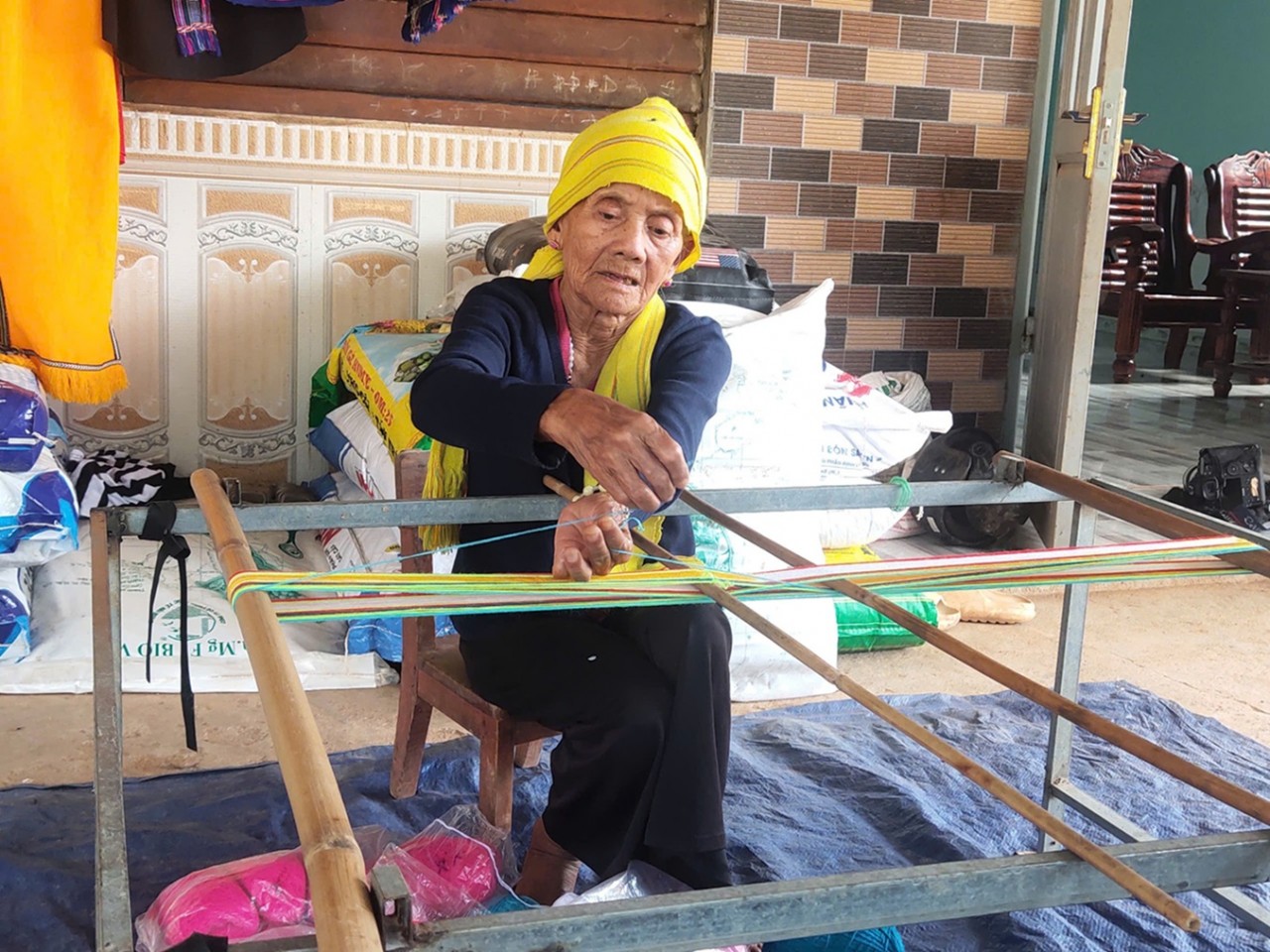 Viet's Home
Viet's Home
Hands that Reserve Da Long Brocade Craft
 Viet's Home
Viet's Home
Da Rsal – How Digital Transformation Reshape a Poor Commune
 Viet's Home
Viet's Home
Vietnam Classified as “Low Risk” Under the EU Anti-Deforestation Regulation
 Viet's Home
Viet's Home

